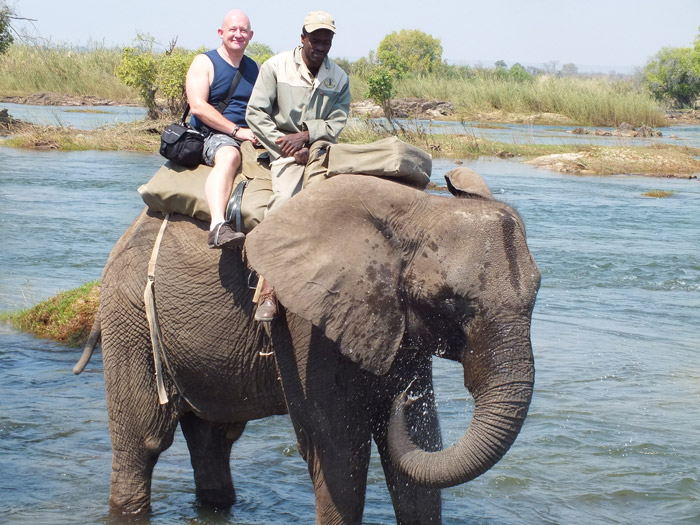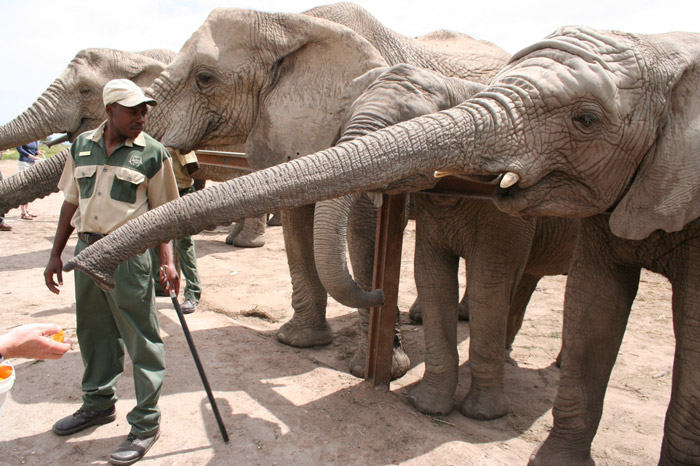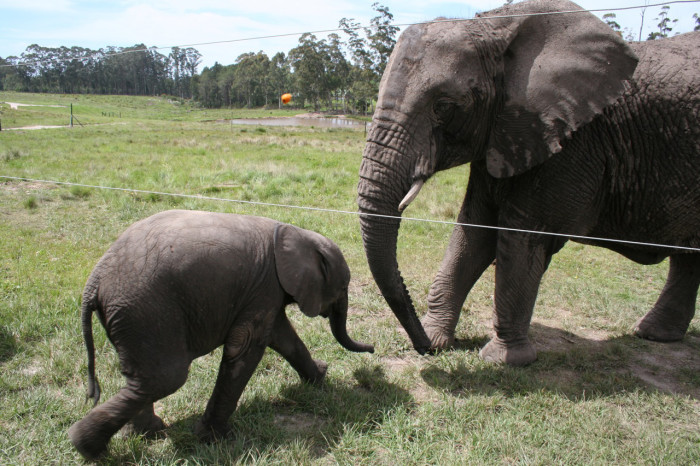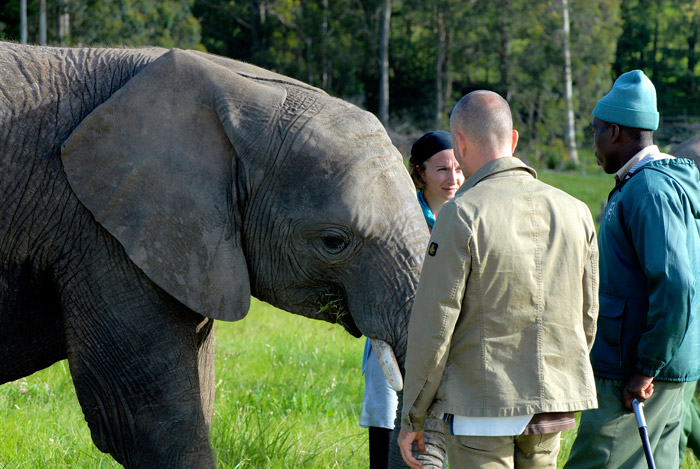An NSPCA report has revealed that tourists are still riding elephants in South Africa, despite a growing international move away from the controversial practice. Written by: Melissa Reitz

A report by the NSPCA (National Council of SPCAs) on the welfare status of elephants in captivity at 26 elephant facilities nationwide (14 of which offer elephant-back riding) reveals that nearly all captive elephants suffer welfare deficiencies in one way or another. This highlights the fact that South Africa is lagging in a growing global trend against using captive elephants for entertainment.
The report, compiled by the NSPCA’s Wildlife Protection Unit, has been submitted to all relevant government departments in South Africa and NGOs nationally and abroad and offers a scientific overview of the cruel realities that many captive elephants endure physically and emotionally.
The report also confirms the lack of conservation benefits of the captive elephant industry. The WWF (World Wide Fund for Nature) and IUCN (International Union for Conservation of Nature) do not consider captive breeding a significant contribution to elephant conservation due to low breeding and high mortality rates. Also noted in the report is the high number of human injuries and fatalities due to public interaction with captive elephants.

According to the NSPCA report, more than half of the 26 facilities keeping captive elephants for public interaction use a method called: “free contact”, which includes the use of physical punishment, using an ankus or hook, to train elephants into submission.
“If tourists knew what it took to train an elephant for their ‘pleasure’, South African tourism could be damaged,” states Dr Mandy Lombard of Public Watch. “Although we hear of people being killed, few incidents where elephant handlers or tourists are attacked have been publicised.”
In the rest of the world, a growing movement against elephant back riding is emerging – with many travel agencies taking elephant riding off their itineraries and dissuading customers from supporting the practice.


Unlike South Africa, thirty-seven countries across the globe have bans on animals in circuses, including Mexico, Greece, Belgium and the Netherlands. Although not yet nationally endorsed, certain states of America have also issued circus animal bans. Still, England remains divided on this as political parties debate whether or not to change legislation.
Also read: Lion cub petting & captive wildlife interactions: what tourists need to know
To comment on this story: Login (or sign up) to our app here - it's a troll-free safe place 🙂.![]()






